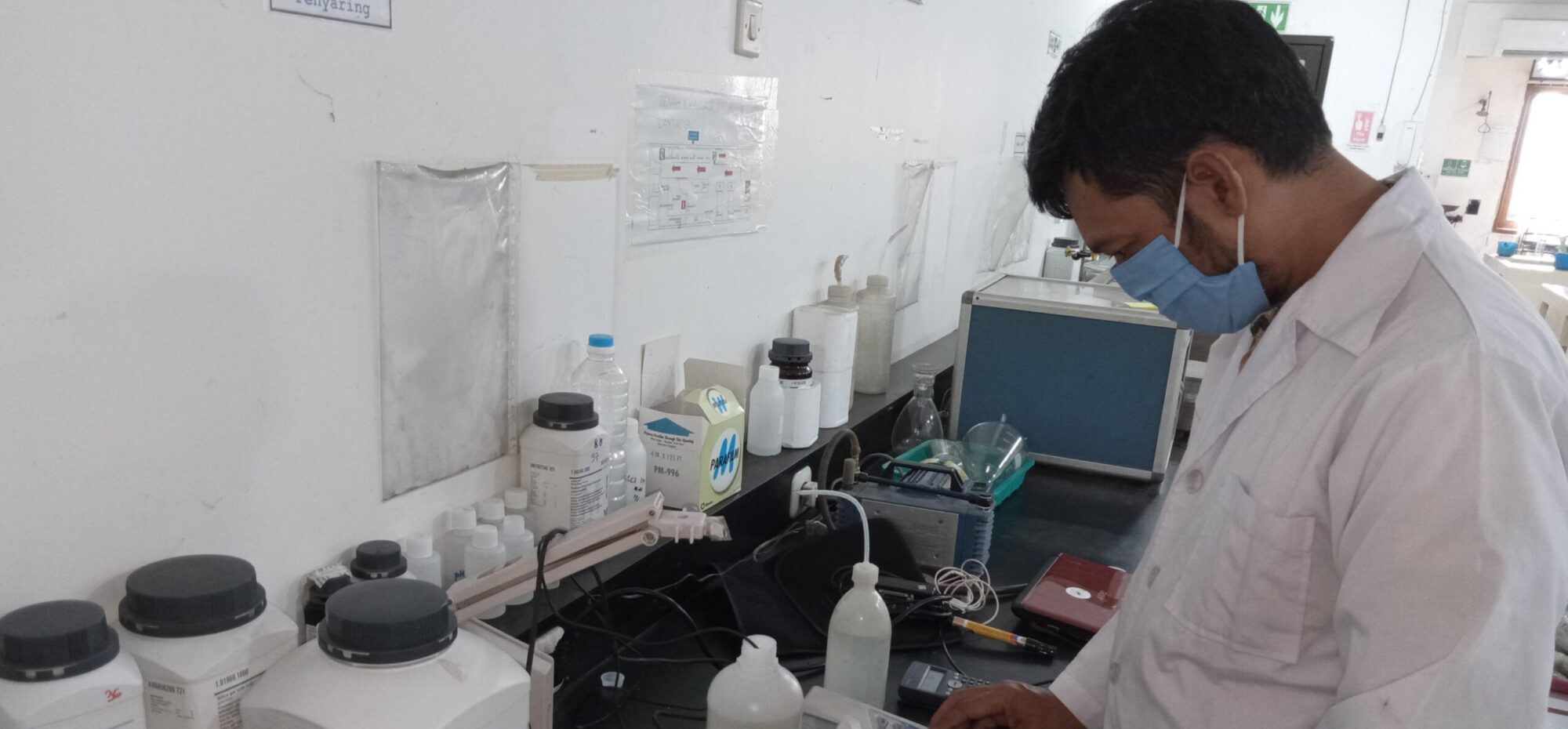Big Data Building an Energy Future for Billions

Jan. 29, 2020
A billion little sensors are being used to improve billions of lives across Asia-Pacific, building a pathway for the region’s energy future.
The influx of the information gathered from these sensors and analysed by high-power computers has been dubbed ‘big data’, and is being utilised to aid decision-makers, change how businesses and governments operate, and improve environmental and energy outcomes.
In Asia-Pacific, the UN has even used big data to mine Twitter mentions to help forecast rice prices.
When this big data is coupled with cloud technology, it allows companies to use the information collected from billions of sensors in their facilities.
THE ABILITY TO USE DATA FROM A MYRIAD OF DIFFERENT TYPES OF EQUIPMENT ACROSS MULTIPLE COUNTRIES IS CREATING A NEW AGE OF ‘HYPERCONNECTIVITY’, UNLOCKING BETTER WAYS FOR THE WORLD TO WORK TOGETHER.
ExxonMobil is part of this big data energy charge in Asia-Pacific and around the world.
The company is using it to discover ways to improve its operations and provide more power to Asia-Pacific, allowing the company to plan and create a lower-emission – and more energy-efficient – future.
The company is creating globally scaled ‘data lakes’, allowing its operators to collect and read up to 1 billion bits of data every minute from around the world.
In Asia-Pacific, more than 450,000 sensors from four manufacturing sites across the region are collecting 700 billion data values every day.
These sensors at the refinery and manufacturing facilities provide real-time data, such as temperature and flow rates, which helps operations run more efficiently and reduces emissions.
Technology centres in Kuala Lumpur, Malaysia, and Bengaluru, India are quickly migrating from primarily providing enhanced data visualisation to now also providing modeling and predictive analytics expertise,” said ExxonMobil’s Manufacturing Support Business Model Redesign Venture Executive Brian Lawless.
“Ready access to big data and the broad-scale use of the newly introduced data analytics toolset are already making EM affiliates in Asia-Pacific significantly more effective.”
At ExxonMobil’s Permian Basin oilfield in the US’s south-west, big data is also expected to help the company add an extra 50,000 barrels of oil a day to production by 2025.
Big data is changing the world and helping create a better energy future for Asia-Pacific.

